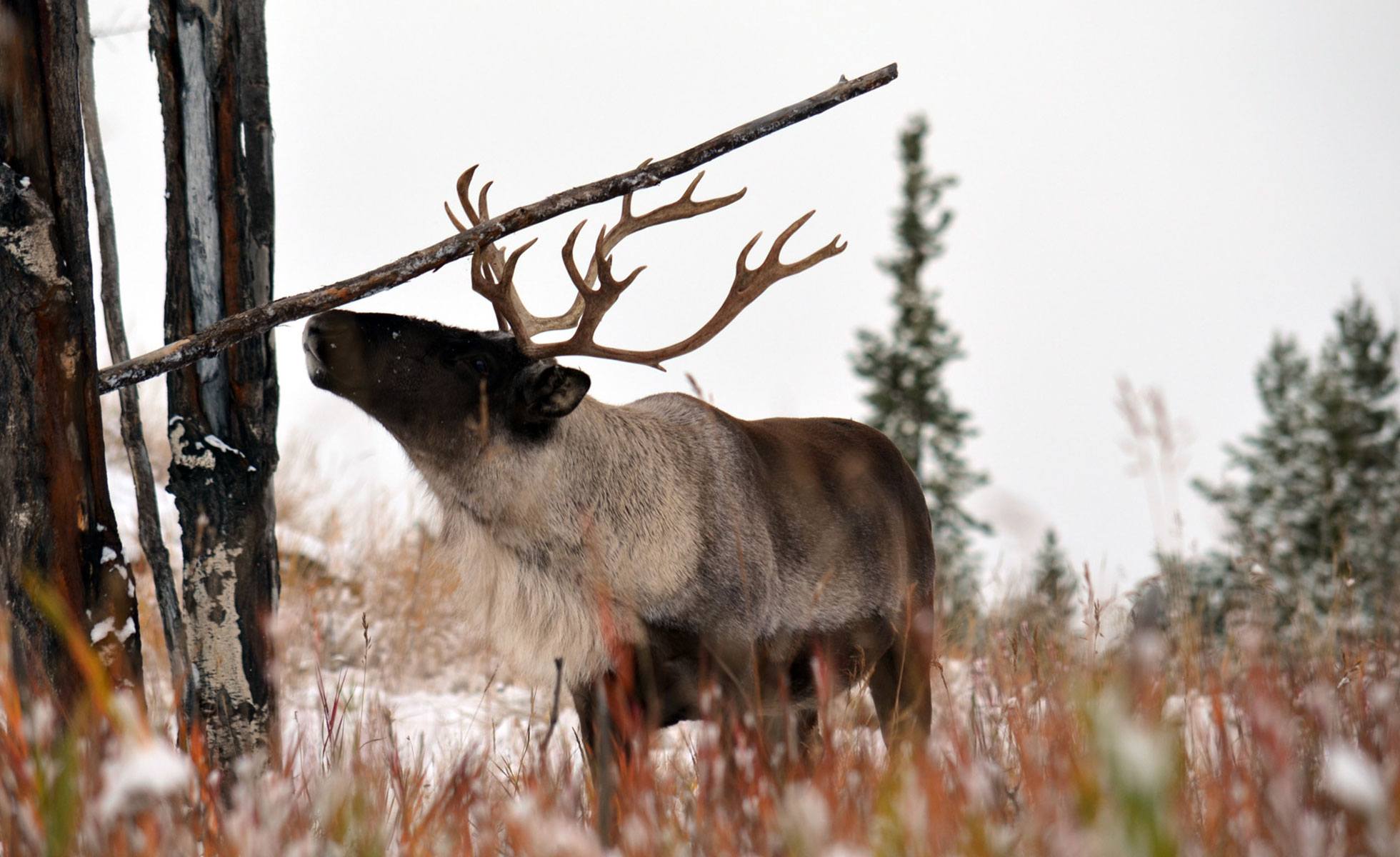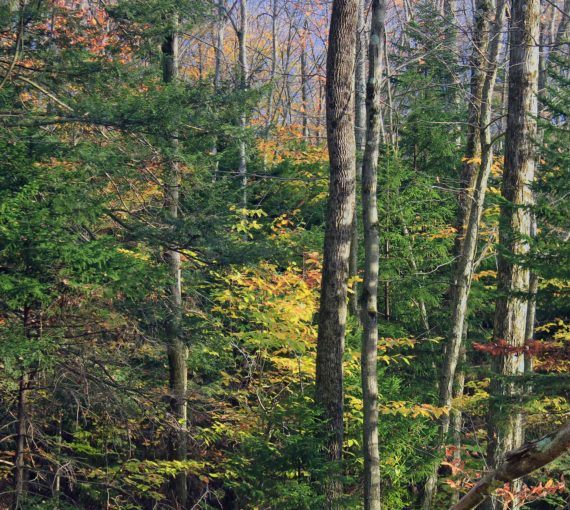When Ontario’s Endangered Species Act (ESA) was brought into force in 2007, the Ministry of Natural Resources granted a one-year exemption to the forestry industry, claiming industry needed time to develop a compliance framework.
Since then, the forestry industry has claimed that the provincial Crown Forest Sustainability Act, under which it already operated, was enough to protect forest-dwelling species at risk, and that the ESA was therefore “red tape.” This, despite the fact that the most iconic forest-dwelling species, at-risk boreal woodland caribou, has been declining in the managed forest, and peer-reviewed science — including several recent studies in Ontario — continues to confirm that industrial disturbance is the primary cause.
On numerous occasions, we have engaged with the province as it moved to extend the forestry exemption, arguing that enforcement of the ESA was needed to reverse caribou decline. We have also clocked numerous, sometimes painful, hours at ESA-CFSA integration session meetings that ultimately dried up as the two pieces of legislation, which have different objectives, were found to be incompatible when it comes to recovering species at risk, unless significant changes to the CFSA were made. The purpose behind the industry’s challenge to the ESA is clear; it doesn’t want to be bound by the higher recovery requirements of the Act.
The Ontario government just moved to permanently open the door to put business (both real and aspirational) first, through a recently proposed budget (Bill 229), for which there is no public debate.
We must continue to demand that the forestry sector share the forest.
The budget bill contains clauses that remove forestry from the obligation to abide by habitat protection measures under the ESA. It also rescinds the rights of the Minister of Environment, Conservation and Parks to issue habitat protection orders for forest operations.
The recent report by the Auditor General echoes our concerns. When reviewing how the Province has undertaken these changes, she states that,
“Ontarians were not given sufficient information and time to comment on government decisions on significant changes to forest management. In 2019, the Natural Resources and Environment ministries gave Ontarians notice of six proposals that would together make significant changes to how the ministries regulate commercial forestry on Crown land. We found the ministries’ approach to consultation on these proposals was not consistent with the purposes of the Environmental Bill of Rights (EBR) Act”.
In particular:
- The ministries did not tell the public what it was proposing as a “long-term approach” to forestry and species at risk—specifically, whether commercial forestry would be permanently exempted from some, or all, provisions of the ESA, 2007 and how species at risk would continue to be protected once an amendment to the Crown Forest Sustainability Act, 1994 was made;
- Neither ministry told the public that the combined effect of the exemption for commercial forestry from both the Environmental Assessment Act and the ESA would be the loss of any statutory requirement to protect species at risk;
- The relationships between the six proposals and their combined anticipated environmental impacts were not identified in any of the notices; and
- The timing of the public comment periods for the six proposals likely reduced the public’s ability to understand the proposals and provide informed comment.
These combined changes are a significant loss to forest-dwelling species, and an outrageous loss of democracy. This loss of environmental safeguards comes on the heels of significant misinformation campaigns that have claimed economic devastation at the hands of caribou conservation, even while industry has been exempt from the Act.
As writer Terry Tempest Williams notes, “Our power lies in our love of our homelands.”
That power fuels us to continue to stand up for wildlife, sustainability and the need to acknowledge that industrial logging should not trump other users and non-timber values of the forest. We must continue to demand that the forestry sector share the forest. Instead of doubling industrial logging in the forest, the Province should set aside much of its surplus wood supply to safeguard environmental values. We must renew our demand that the Province do everything in their power to ensure caribou, which have also called these lands homelands for thousands of years, survive.
Our Work
Always grounded in sound evidence, the David Suzuki Foundation empowers people to take action in their communities on the environmental challenges we collectively face.





